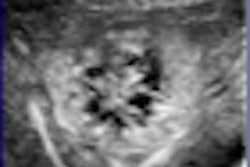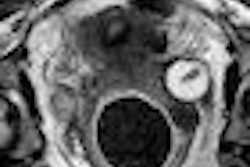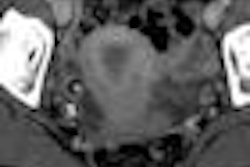Dear Ultrasound Insider,
Autosomal dominant polycystic kidney disease (ADPKD) affects approximately one in 500 births and is the most common hereditary kidney disorder. However, current criteria used in ultrasound screening may be misdiagnosing some patients with a milder form of the disease, according to research published today in the Journal of the American Society of Nephrology.
A team led by the University of Toronto studied 577 at-risk individuals from 58 families with mutations in the PKD1 gene and 371 at-risk individuals with mutations in the PKD2 gene, which typically leads to less severe disease. The results led the researchers to recommend a new set of unified diagnostic criteria for ultrasound diagnosis of ADPKD.
As an Ultrasound Insider subscriber, you have access to this Insider Exclusive before it is published for the rest of our AuntMinnie.com members. To learn more about suggested changes in ultrasound screening for ADPKD, click here.
In a related article we're highlighting this month in your Ultrasound Digital Community, breast ultrasound computer-aided detection appears to help doctors more consistently find lesions smaller than 1 cm, according to a study conducted by Chinese researchers. Staff writer Kate Madden Yee has our coverage of the research, which you can find here.
Also, a two-point ultrasound exam was recently found to produce equivalent performance to whole-leg ultrasound in diagnosing suspected deep vein thrombosis. Contrast-enhanced ultrasound also recently outperformed unenhanced ultrasound and CT in detecting cancer in complex cystic renal masses.
Have an idea for a topic you'd like to see covered? As always, please feel free to drop me a line.




















